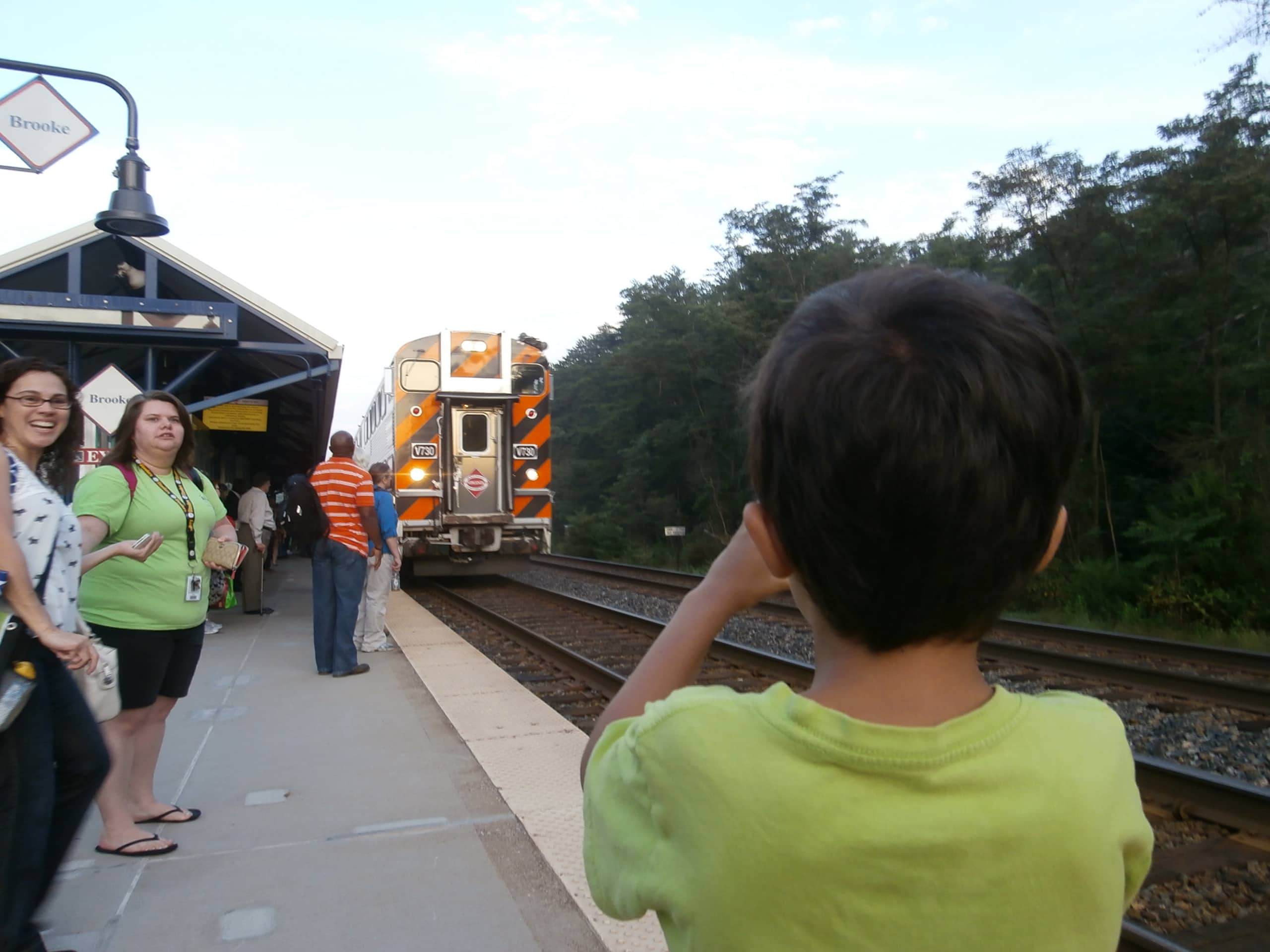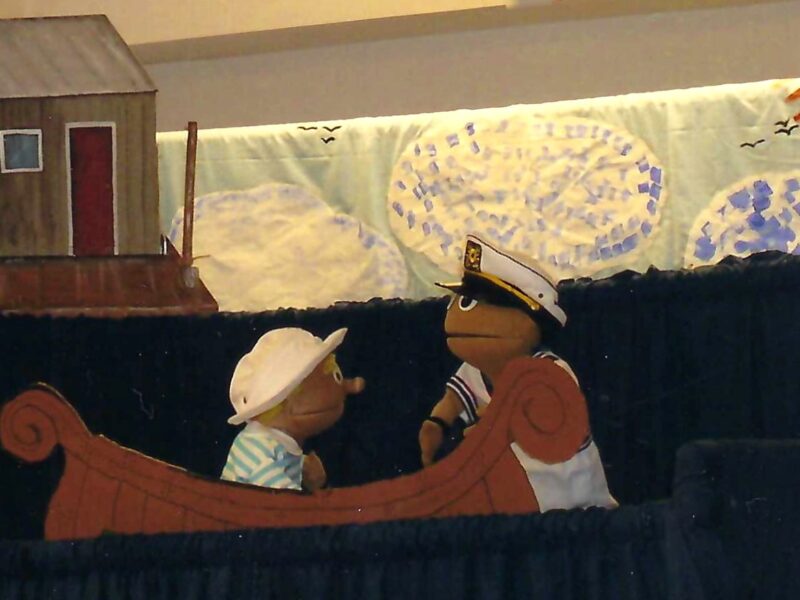Labor Day
It was a very hot day in the middle of the summer. I had just graduated high school and was working on a summer job a neighbor down the street found for me. I was going to use the money I earned to help me pay for my college education.
I walked up to the beat-up old trailer that was sitting on the job site. New houses were creeping very close to this rusty structure. I introduced myself to the man who would be my new boss. He didn’t want to give me a hint that he was a real person, with a real heart. He was tough and I was scared.
On that day, I stepped into my first day as a plumber’s helper. He was the only plumber on the job. He was told that he needed to move his trailer several hundred yards away to a new location. I noticed crates and crates full of cast iron fittings.
He barked out his commands to me. I was to take the fittings one by one and move them to the trailer’s new location. They were very heavy so I could only carry two of them at a time. Across the dusty road, with the heat of the sun beating down my back, I walked back and forth for what seemed like a million times.
The job was close to my house, so at lunch time I went home for my brief break. I remember pulling myself up the stairs with all the effort I could muster. I collapsed on the floor and relaxed in the air conditioning. I ate nothing that first day. I just laid there enjoying my brief break.
It was a very sad day in our history. Our beloved leader had fallen and our hearts were heavy. All those who loved him wanted a chance to pay their respects. It was decided to let his coffin be carried to its final resting place in Springfield, Illinois by train. Crowds would line the train tracks and train stations along the route. Somehow, people found a little comfort in just seeing the train pass by.
Many tears were shed as Lincoln’s funeral train traveled to Springfield. The man who guided the country through the four year Civil War had been fatally shot by an assassin’s bullet. One of the saddest parts was that the war had ended only a few days prior to the tragic event. Now, for just a short minute, weeping souls witnessed the train until it disappeared over the horizon.
They say, out of tragedy often blooms little flowers that remind us that there is still life left to live. Our pain tries to tell us otherwise, but the simple truth is that those passing trains often inspire us to continue on.
One such industry blossomed out of Lincoln’s tragic death. A young Chicago engineer named George Pullman was about to step into history.
George Pullman was born in Brocton, New York. His family would move to Albion, New York which was near the Erie Canal. The Erie Canal was to be widened and he and his father would move whole houses off their foundations to new foundations out of the construction zones. He would use this talent when he moved to Chicago as a young engineer.
Chicago at the time was a bog. It is said that, “people described the mud in the streets as deep enough to drown a horse.” It is because of this that sewer lines could not be buried underground. Pullman and other engineers realized that the sewer lines would have to be placed above ground. Then the streets would be covered. This caused the streets to be six to eight feet higher. That meant a lot of the buildings had to be raised to the new street height level. Pullman’s experience with his Dad would help him with this task.
He stood and looked out the window and sadness overcame him. He probably had no idea that his story would one day be in the Bible. It was the fifth century BC and his people, Judah, were in exile in Babylon. He happened to be one of the lucky ones. He somehow got in the good graces of King Artaxerxes I. He was a member of the Persian Court and served as the cupbearer.
As he stood at the window he looked out onto the capitol city of Susa. It was in present day Iran. He wondered what had become of his homeland. A knock on the door startles him. One of his friends tells him of the destruction in his hometown. “Our beautiful wall is destroyed,” the friend tells him.
Although talking to the king could get him killed he decides that he has no other choice. After all, his life has no breath worth taking if he doesn’t at least try to help his homeland. The king honors his requests to return to his homeland and the king even offers supplies to help him restore his city.
Next, Pullman decided to design a sleeper car for trains. But these weren’t just any sleeper cars. They were luxury cars that would eventually have kitchens that served fine cuisine. He would hire former slaves to serve as porters because they were multitalented in the luxury services he would offer. Single handedly they would perform the task of porters, waiters, valets, and entertainers. They were also paid very well for their time and they were very well respected. Pullman would call these new cars, “Palace Cars.”
When Lincoln’s casket was placed in one of his “Palace Cars,” for its trip to Springfield, his sales and prestige skyrocketed.
Pullman decided to build a factory outside Chicago to build his Palace Cars. The labor market was very turbulent at the time and poverty was rampant. Pullman decided to build a whole city to house his workers. He also built a church, theaters, stores, and parks. There was also a hotel, The Hotel Florence, a man-made lake and a library for his factory workers.
When the World’s Columbian Exposition came to Chicago in 1893, Pullman’s town was the envy of the world. It was even said it was one of the healthiest places to live in the world at the time.
Pullman’s city was very profitable, but he ruled it like a feudal baron. He had guaranteed his investors a return of 6%. Rent was automatically taken out of the employee’s paychecks. There were no independent newspapers, public speeches, town meetings, or open discussions for that matter. His housing inspectors could routinely enter a home and if it didn’t meet the cleanliness standards, the tenants could be evicted in ten days. Pullman had to approve a denomination before they could use the church, so it just sat empty. There were no saloons because he expected the moral standards to be high.
When Nehemiah, the King’s cupbearer, enters Jerusalem, his hometown, his heart drops. It was even worse than was described to him. Nehemiah quickly recruited some people to help him rebuild the wall around Jerusalem. He knows that this wall will help fortify the city.
But Nehemiah encounters some very hostile neighbors: the Samarians, the Ammonites, and the Ashdodites. They don’t want their old neighbors and enemies back. They threaten Nehemiah and his people. Nehemiah continues his work, but he has one workman and one armed man side by side.
It was a very tough task but Nehemiah and his people finish the wall in about fifty-two days. Despite the seemingly insurmountable odds, Nehemiah has completed his task.
Toward the end of 1893 a depression hit our country. Manufacturing, especially for things like train cars, fell dramatically. Pullman was forced to drastically cut his employees’ pay. But because of his guarantee to investors, Pullman refused to cut the rent employees paid on his homes. This meant that most of the employees only had a few pennies left at the end of the month for other expenses like food. They just couldn’t make it work, so they went on strike.
Pullman refused to negotiate and even threatened to fire all the employees who went on strike. The American Railway Union leader, Eugene Debs, gave Pullman five days to respond to the employees’ demands. Pullman locked up his houses and business and just left town.
This angered other railroad employees and unions. They then refused to have anything to do with any Pullman cars. When that didn’t work they cut all the Pullman cars from the trains. Then union members were fired and entire rail lines were shut down. Chicago, a big railroad town, came to a standstill.
This President was none too happy with all this striking going on. Over 50,000 railroad workers were now on strike. Some call it the biggest battle between labor and capital in our history.
In the middle of all this striking President Grover Cleveland signed into law a bill that made the first Monday of every September a national holiday we know as Labor Day. Many believe the law came about to help calm the labor unrest.
When the mail stopped running President Cleveland took matters in his own hands. Cleveland would say, “If it takes the entire army and navy of the United States to deliver a postcard in Chicago, that card will be delivered.” Circuit Court Judges Peter S. Grosscup and William A. Wood issued an injunction to end the strike. Violence and riots broke out. Cleveland then ordered Federal Troops into Chicago to enforce the injunction. Twenty-six civilians would die and the railroad yard in Chicago would burn. Union head, Eugene Debs, was arrested and sent to prison for violating the court injunction.
They say that hard work never hurt anyone. I know many a person who would argue that point when they are in the middle of that hard work or task. We may look for a room that is air conditioned so we can lie on the floor. We may have to have protection for our lives while we build our walls. We may have to wait a long time for the rules or laws to change to make our work more bearable. But eventually we find relief or rewards for our hard work. Maybe it is being able to afford college, or see our hometown rebuilt, or just getting a day off work for a holiday. Hard work does have its rewards and it is never wasted.
Prayer: Dear Mighty Father, Please give me the strength to endure those days of hard work. Please give me the courage to stick with it. Please let there be some rewards for those efforts. Amen.



